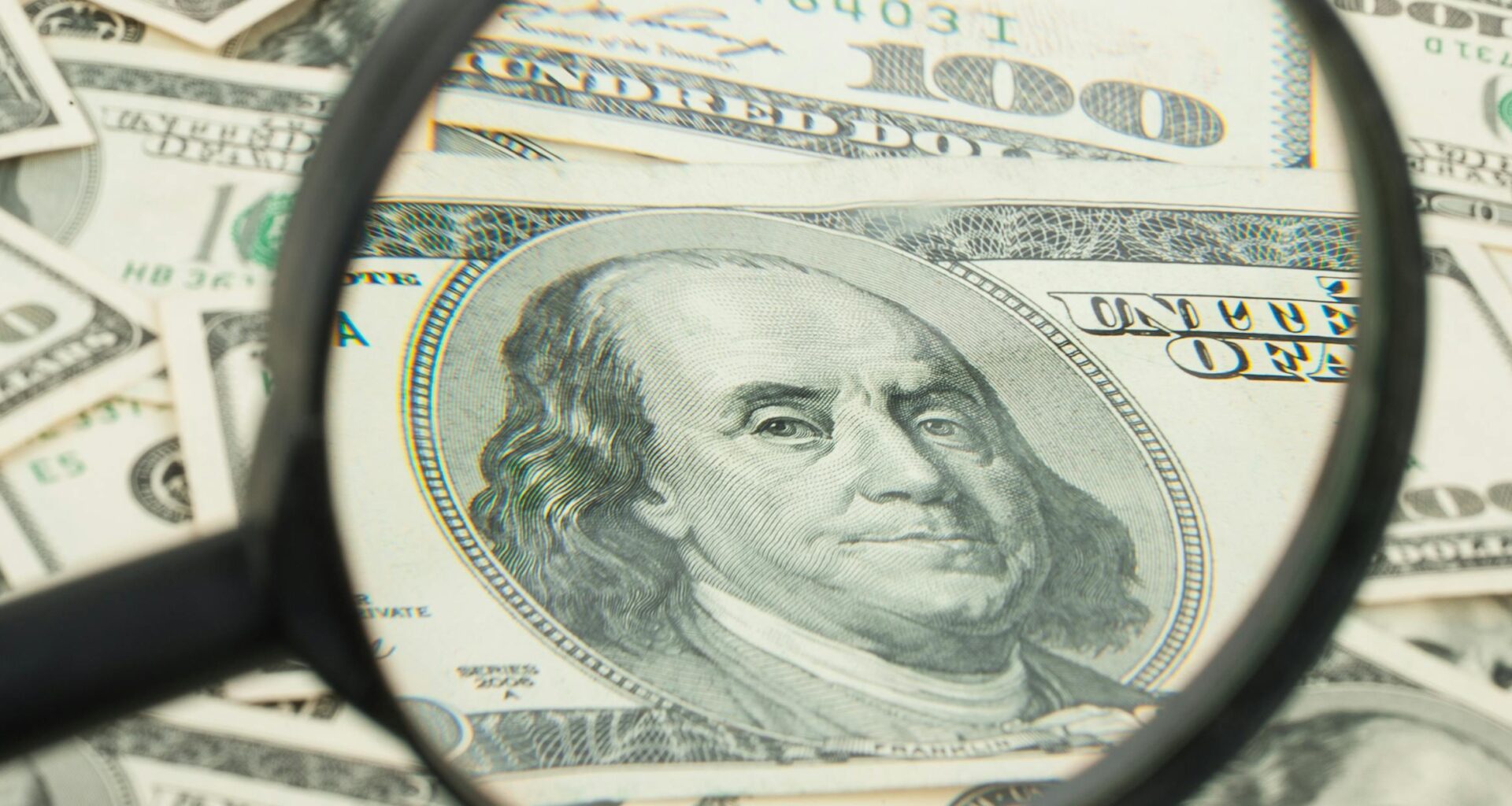We were cleaning up after our guests left, and when I went out to grab our charcuterie board, it was empty. While we were paying attention elsewhere, unbeknownst to us, our collie was very interested in a tasty snack of cheese, crackers and meat.
So what are you not paying attention to when you are paying attention to other things?
If you are focusing on politics, you might be paying attention to how the current administration is either harming your party or providing benefits to you. You are likely looking for confirmation, good or bad, in everything that’s happening. But there are areas of importance that you might not be as closely monitoring.
There was an expectation the federal estate tax exemption was going down next year, and federal income tax rates were rising. Well, the estate tax exemption is not only going up, it is going to be inflation adjusted. Federal tax rates are also not rising, and there are some bonuses thrown in for seniors, parents and, yes, even Minnesotans thanks to an increase in the itemized deduction limit for state and local taxes. There’s also some help for smaller donations to charities.
But other tax benefits have ended up reduced or repealed. Top bracket filers will have their itemized deductions capped and their charitable giving benefits decreased. Many of the green energy credits will be no more.
Most people will manage some tax break from what could have been. You might focus on this.
You could focus on the likelihood that in order to pay for these benefits, we will probably see the deficit increase. It is unlikely economic growth will pay for these tax savings. Tariffs could help in that respect, but let’s pay attention to where tariff receipts originate.
Importers pay tariffs. These importers can either absorb them or pass them on to the consumer. Many governments have used spot tariffs in the past for certain industries as an attempt to level the playing field. These broad U.S. tariffs, though, are the highest since the 1940s. Corporate taxes paid were more than $500 billion in 2024. Current tariffs are currently bringing in around $30 billion a month or $360 billion a year.
